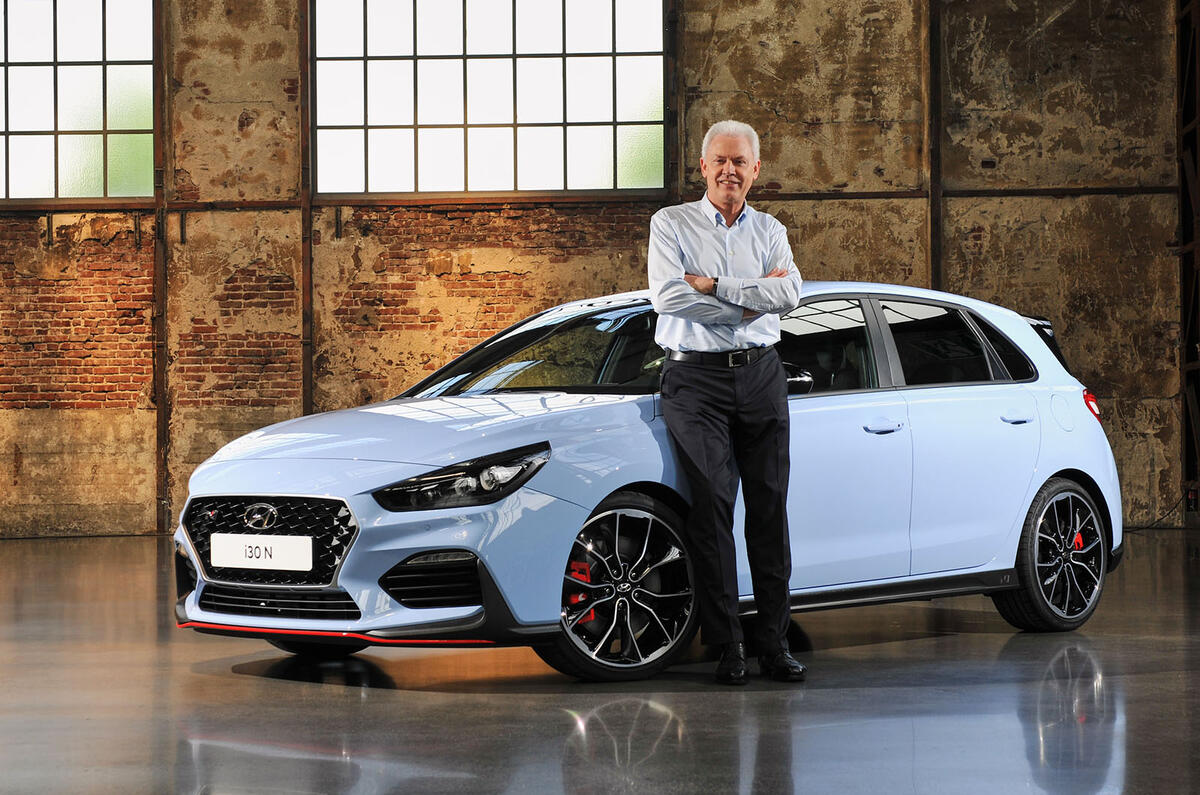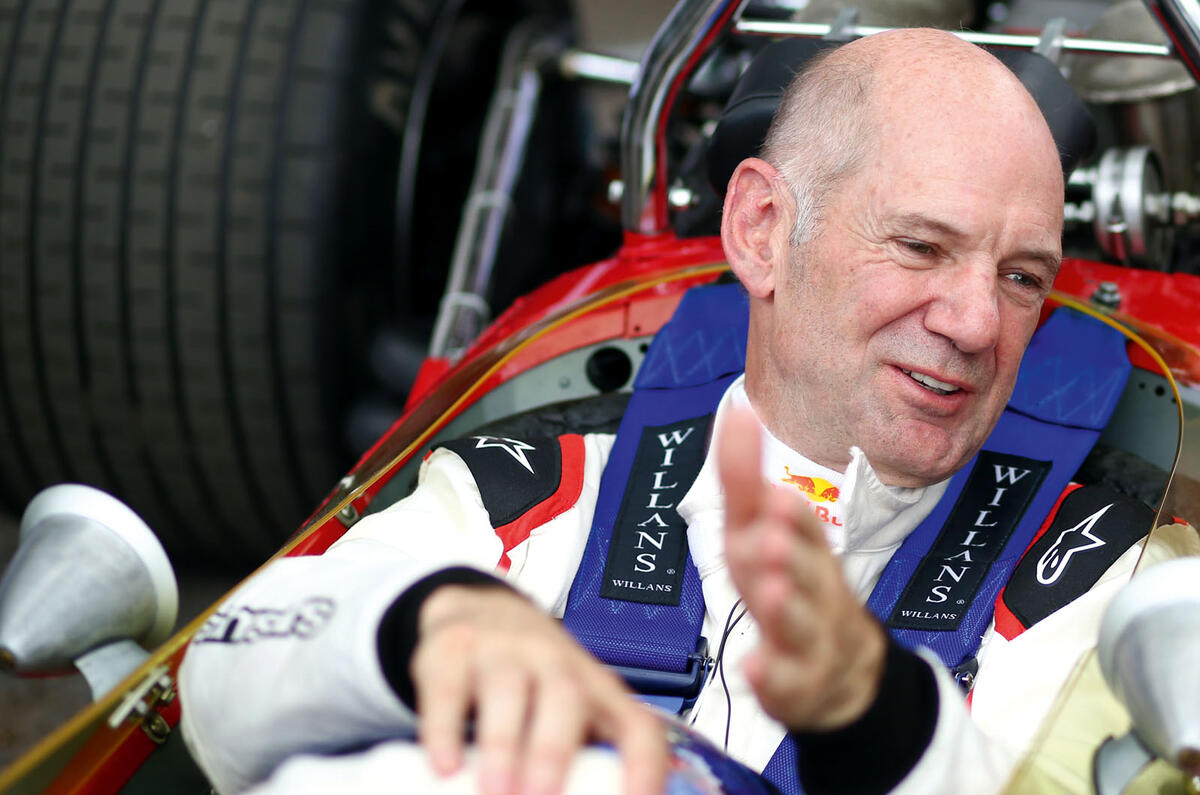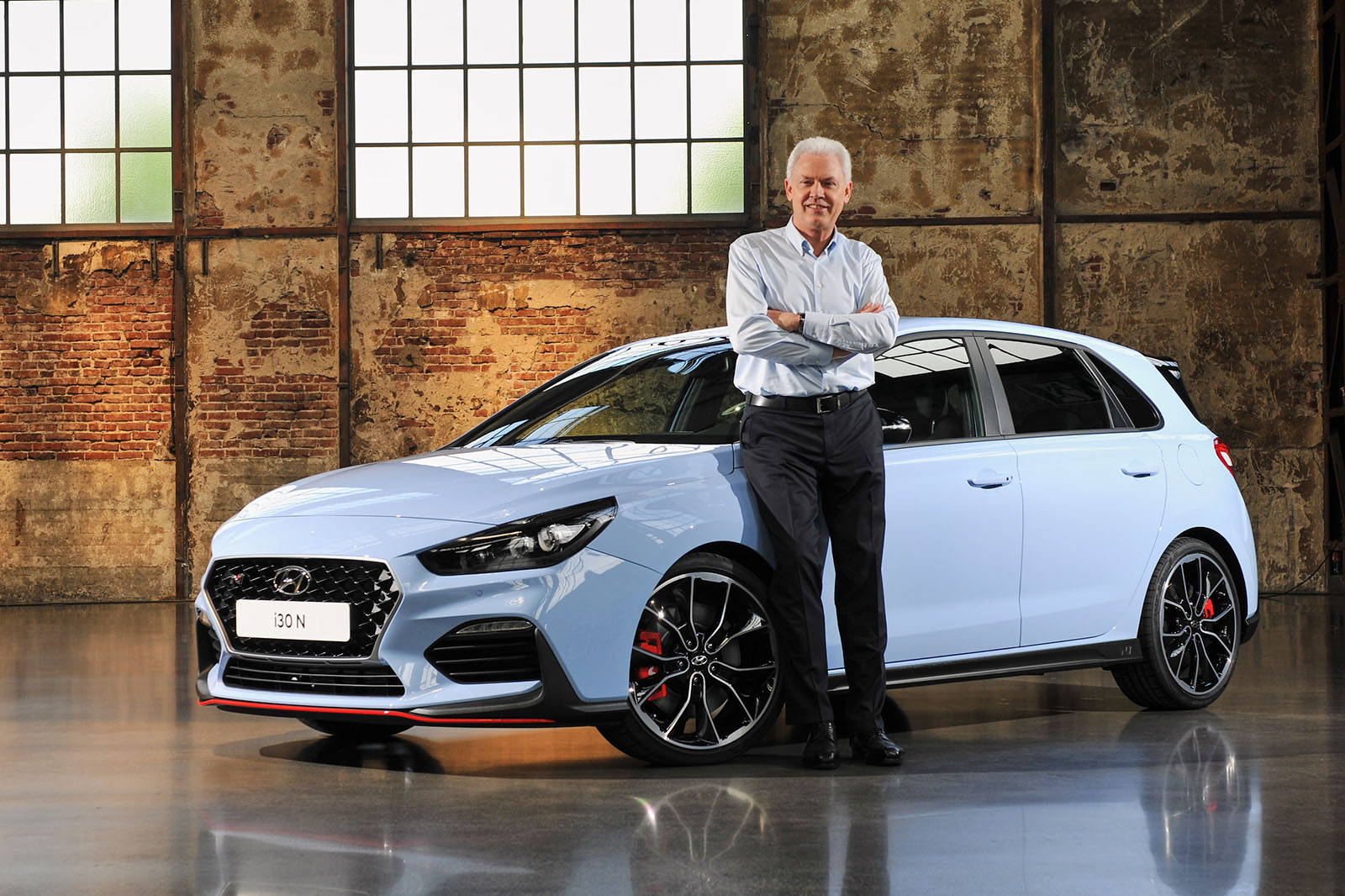Having been teased something rotten for so many years, the world’s nerds and geeks suddenly found themselves at the forefront of style and popular culture.
No longer was the computing swot – with his trademark thick-rimmed glasses and shiny forehead – the social outcast. In a dramatic role reversal, he was, all of a sudden, the cool kid.
It was back in 2013 that the phrase ‘geek chic’ first found its way into the Oxford English Dictionary. The definition – “the dress, appearance, and culture associated with computing and technology enthusiasts, regarded as stylish or fashionable” – neatly embodies the shifting of attitudes. Once considered to be awkward and uninteresting misfits, geeks were suddenly held in the very highest regard. As nerds, squids and dweebs everywhere set about enjoying their time in the spotlight, something unusual was brewing in the automotive world.
In hindsight, the ascension of our adenoidal computing enthusiasts actually makes a lot of sense. For one thing, as pointed out by a 2013 article in The Guardian: “The digital revolution elevated alpha nerds such as Steve Jobs and Bill Gates to unprecedented power and inf luence.”
Red Bull's Adrian Newey on the new Aston Martin AM-RB 001
And whereas many of us might once have been distrustful of new technology, the fact that we all found ourselves walking around with a quite brilliant piece of it in our trouser pockets will surely have made us all more receptive to it. Computer technology has come to form the very foundation of our day-to-day existence. Accordingly, the people behind the technology have become superstars.
Would it be too much of a stretch to declare scientists, computer programmers and engineers the new rock stars? Perhaps, but there’s certainly less clear air between the two groups now. You need only consider the vast public profiles enjoyed by two of today’s geeks-in-chief – physicist professor Brian Cox and Tesla and SpaceX founder Elon Musk – to see that nerds no longer lurk nervously in the shadows.
But how does any of this relate to the car world? Well, exactly the same thing has happened. We have come to venerate our large-foreheaded brethren – engineers to you and me – more than ever before. In fact, we’ve witnessed the emergence of a new generation of celebrity car engineer. Yep, the guy who signs off the 911 GT3’s camber angle is now famous (well, he is among people who have a passionate interest in very fast cars).
It’s true, of course, that there have been automotive engineering folk who’ve been very well known since the earliest days of the motor car. Charles Rolls and Sir Henry Royce, for instance, were very famous in their day, but they were much better known as the founders of their great marque than strictly as engineers. The same is true of Enzo Ferrari and Ferruccio Lamborghini. The small band of individuals I present to you here, on the other hand, are but employees.
You’ll know Andreas Preuninger as the boss of Porsche’s Motorsport division, and recognise Tobias Moers as the chap from Mercedes-AMG.

Matt Becker, of course, is the guy who helped forge Lotus’s reputation for handling excellence – he’s hurriedly doing the same for Aston Martin today – while Albert Biermann is the former BMW M man who’s now plying his trade at Kia and Hyundai.












 MATT BECKER
MATT BECKER

Join the debate
Add your comment
André Citroën, Dante Giacosa, Aurelio Lampredi, Vincenzo Lancia
etc, etc There is a difference between fettlers and those who made game changing engineering breakthroughs and founded companies that long outlived their engineering creators.
Nice to read a long opinion
Nice to read a long opinion piece from you Dan but it’s a load of nonsense. Engineers did not suddenly become ‘cool’, and in other countries like Germany they get more respect. It is only in UK / USA that banking, advertising and other service industries became the only things that people care about.
Belatedly, people are starting to realise that economies need manufacturing too.
It is quite telling that you do not distinguish between Royce the engineer and Rolls the salesman.
high-profile engineers
Surely Colin Chapman more than anyone else "forge(d) Lotus’s reputation for handling excellence" and why no mention of Sir Alec Issigonis famed as the inventor of the Mini and a long time favourite of the British general press as well as specialist motoring pres.
martindore wrote:
Worthy names but I think the article focuses on contemporary names. Just reading the title on the front page my thoughts went to Preuninger and Moers - precisely the point of the article, that today’s engineers achieve fame during their career more so than previous generations of engineers whose brilliance is more acknowledged later on.
What no RPJ ?
ptcat75 wrote:
I agree, RPJ was part of the Ford era that saw them transform the way their cars drove, from frankly rubbish or average to often class leaders. Starting off with the Mondeo Mk 1 through to many Fords since then, while the Mk1 Focus was probably the most dynamically complete the car its class has ever seen. Or that may in fact be the Mk 2 (European) Focus, but still, both were superb.